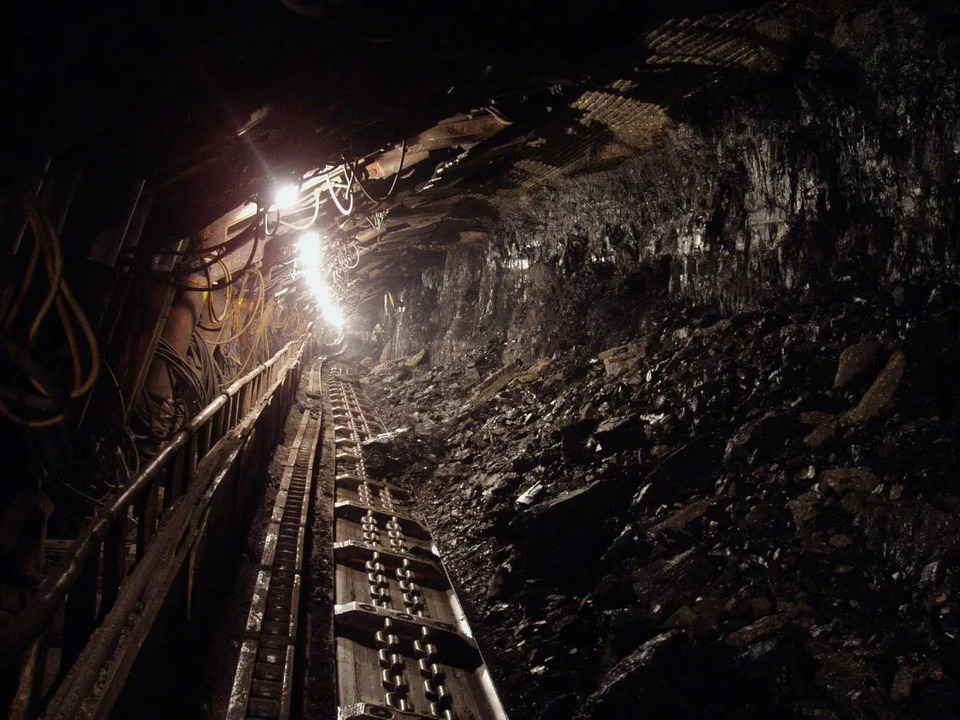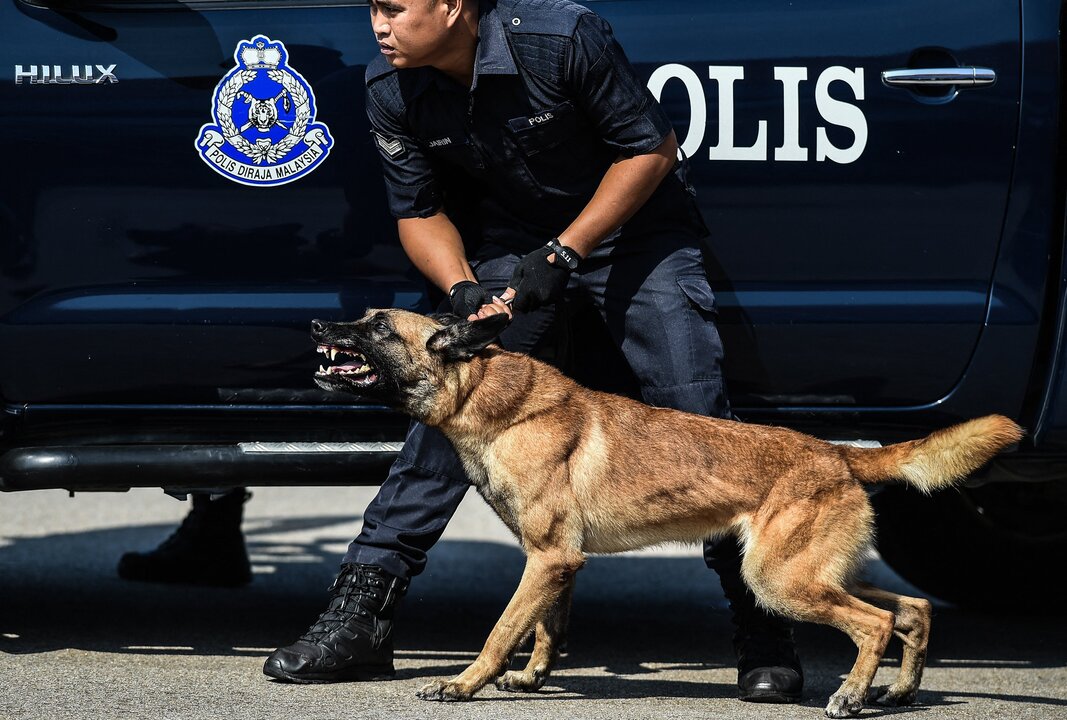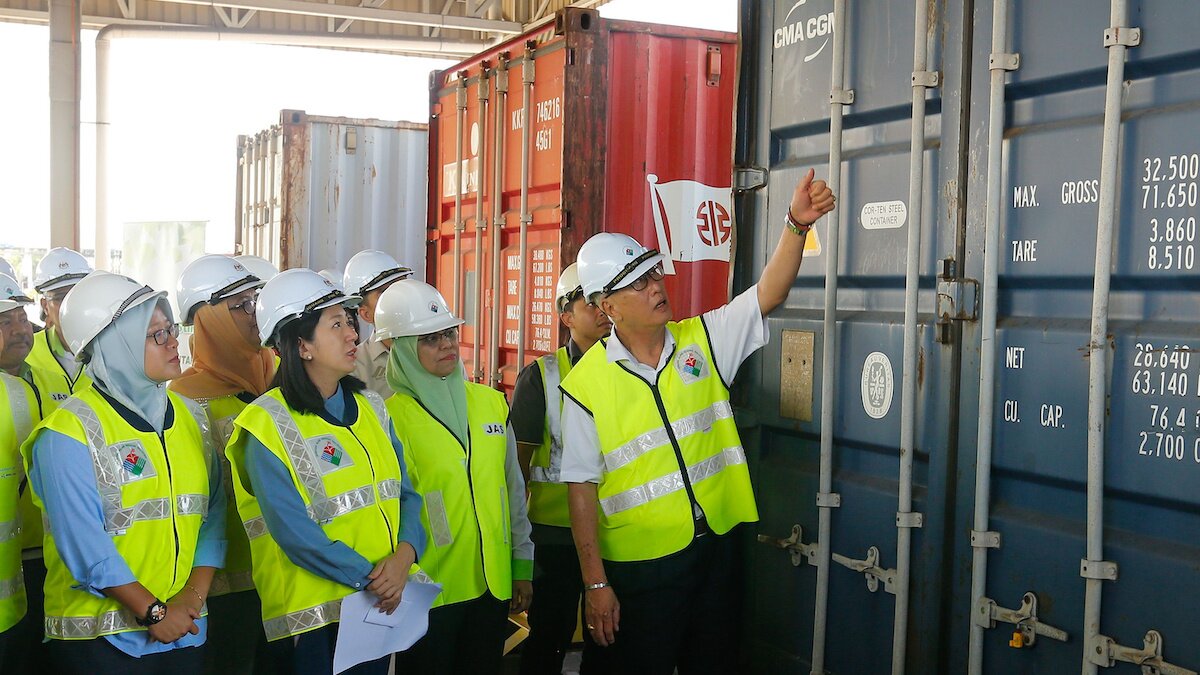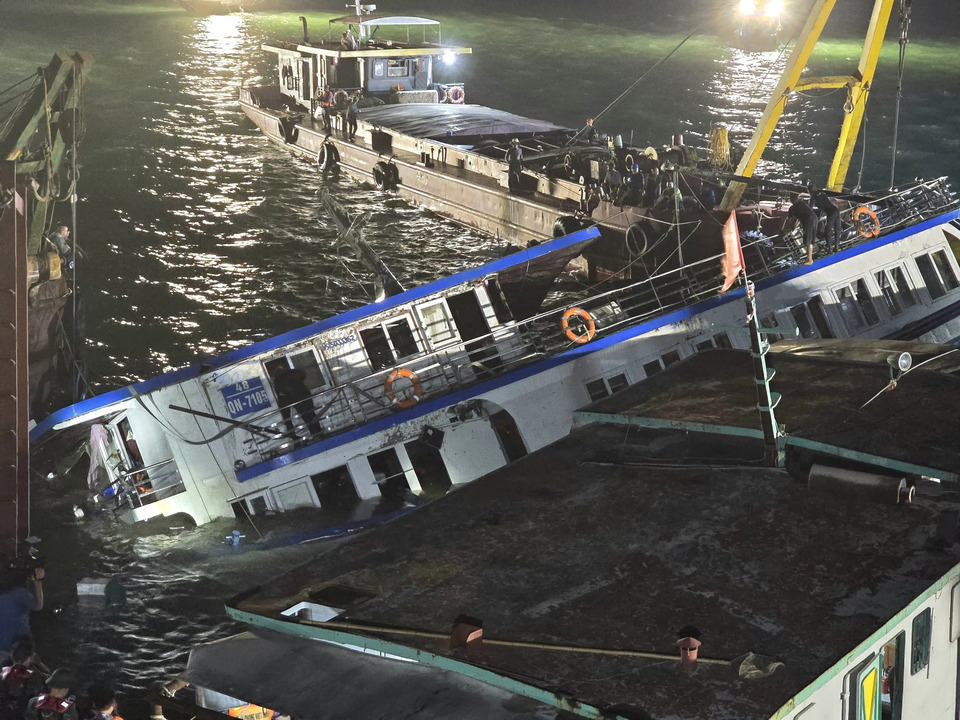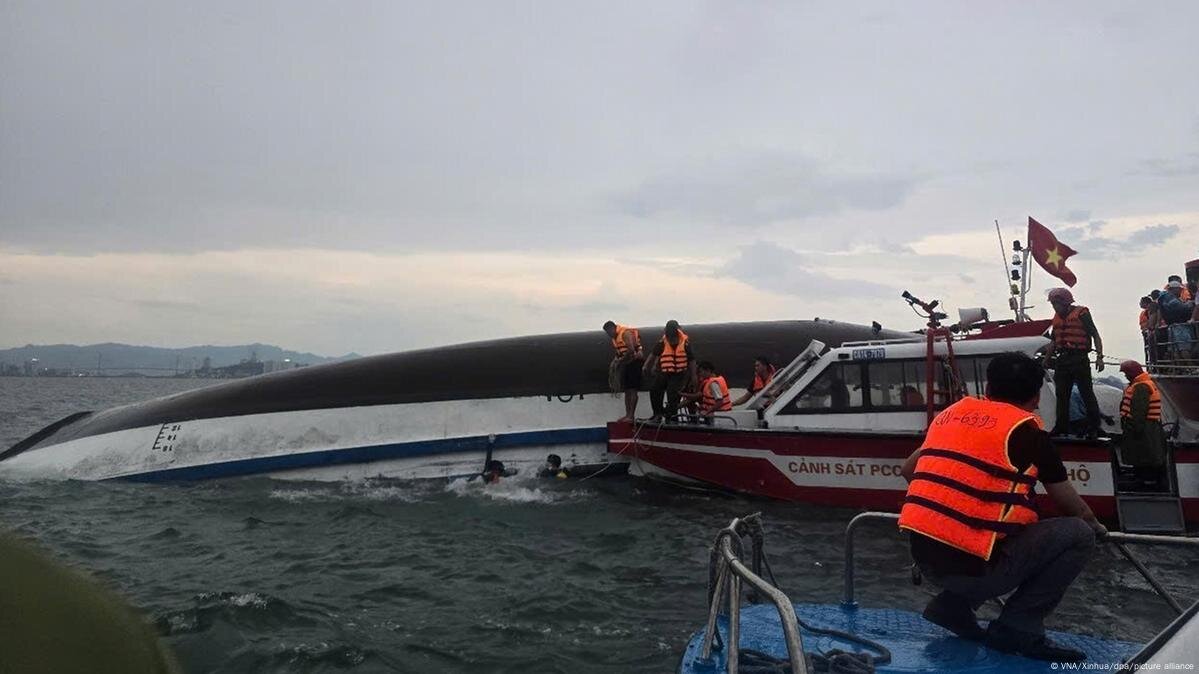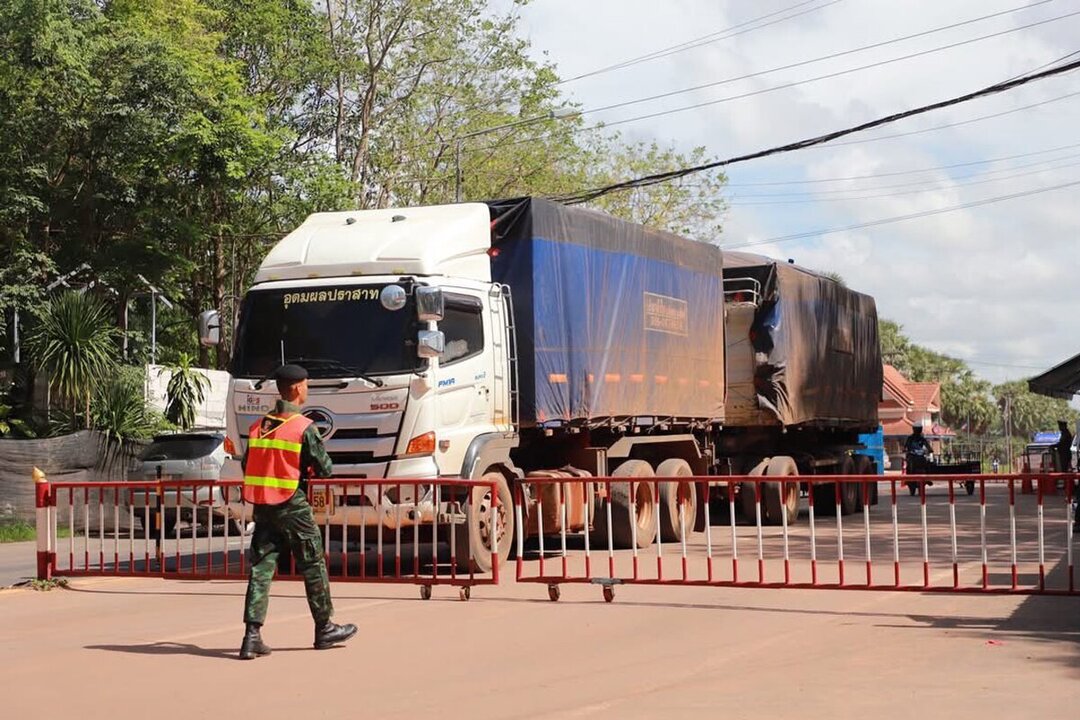The deployment of self-driving big rigs marks a significant step in the advancement of automated freight transport.
Kodiak Robotics has commenced the operation of fully autonomous 18-wheel trucks on highways in Texas, representing a notable achievement in the development of driverless freight transportation.
The self-driving trucks operate without a human driver, functioning solely on advanced technological systems.
Each truck is equipped with 12 cameras, 4 lidar sensors, and 6 radar units, enabling a comprehensive 360-degree view of their surroundings, which facilitates safe navigation and obstacle detection.
The technology aims to enhance efficiency and safety in the long-haul trucking industry, a sector traditionally reliant on human drivers for hours of continuous operation.
As part of its pilot program, Kodiak Robotics will monitor the performance of these self-driving vehicles, focusing on integration with existing road and traffic conditions.
The deployment in Texas aligns with a broader interest in testing autonomous vehicles in various states, where regulations are evolving to accommodate and encourage innovations in transportation.
In parallel, various companies and organizations globally are exploring the potential of autonomous vehicle technology, particularly for freight and logistics.
The push for automation in the trucking industry is seen as a response to ongoing labor shortages and aims to address growing demands for efficiency in supply chain management.
As regulatory frameworks adapt and technology continues to progress, the implications of autonomous trucking for the workforce and the economy remain topics of ongoing discussion.
The self-driving trucks operate without a human driver, functioning solely on advanced technological systems.
Each truck is equipped with 12 cameras, 4 lidar sensors, and 6 radar units, enabling a comprehensive 360-degree view of their surroundings, which facilitates safe navigation and obstacle detection.
The technology aims to enhance efficiency and safety in the long-haul trucking industry, a sector traditionally reliant on human drivers for hours of continuous operation.
As part of its pilot program, Kodiak Robotics will monitor the performance of these self-driving vehicles, focusing on integration with existing road and traffic conditions.
The deployment in Texas aligns with a broader interest in testing autonomous vehicles in various states, where regulations are evolving to accommodate and encourage innovations in transportation.
In parallel, various companies and organizations globally are exploring the potential of autonomous vehicle technology, particularly for freight and logistics.
The push for automation in the trucking industry is seen as a response to ongoing labor shortages and aims to address growing demands for efficiency in supply chain management.
As regulatory frameworks adapt and technology continues to progress, the implications of autonomous trucking for the workforce and the economy remain topics of ongoing discussion.











